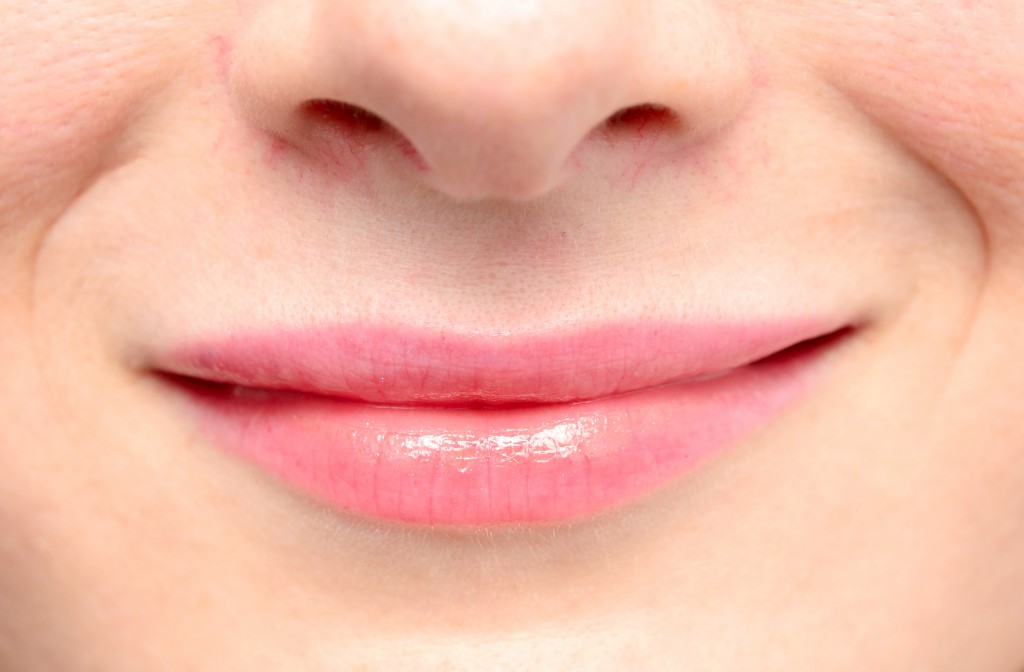There are many types of smiles — real and fake, toothy and reserved, bright, or sinister. The most studied of all is the Duchenne smile or the kind of smile that reaches the eye. For decades, scientists have investigated what makes the Duchenne smile powerful and what effects it has over the beholders.
The Duchenne Smile
The Duchenne smile is different from other kinds of smiles because it also causes the muscles around the eyes. While the zygomatic major muscle lifts the corners of the mouth, the orbicularis oculi raise the cheeks and produce the “smiling eyes” effect.
This facial expression was first studied by Guillaume Duchenne, a French anatomist who mapped the muscles of the human body and focused on the muscles that create facial expressions. No less than Charles Darwin also studied the Duchenne smile, remarking that the smiling eye effect is an indication of genuine happiness or enjoyment.
According to researchers, all Duchenne smiles are genuine; they cannot be faked.
Effects of the Duchenne Smile
Duchenne smiles have a powerful effect over your emotions and the emotions of the people around you. For instance, studies show that engaging the two muscles can activate parts of the brain that control emotional responses. Smiling with your eyes along with your teeth or dental implants can help regulate your emotional experience, even during challenging social situations.
They also help you connect with the people around you. Duchenne smiles are contagious — they can create a bond that enables you to empathize with other people and extend a helping hand. For instance, a Duchenne smile can make you seem more welcoming and kind to a stranger at a class. It makes you seem trustworthy and sincere, which would be extremely helpful if you are in the customer service support teams.
Duchenne smiles can also be very persuasive. People instinctively feel that they are genuine, so they associate them with genuine intentions.
Duchenne Smiles: A Source of Fascination
To date, researchers haven’t lost interest in the power of the Duchenne smile. They believe that through studying this particular facial expression, they can better understand how a person’s smile and thoughts affect one another. For instance, they are investigating if the smile can help reduce the risk of depression. There is a possible connection, after all. If the Duchenne smile can make someone feel happier, is it powerful enough to keep depressing thoughts at bay?
It also shed some light on human emotions — how people regulate their feelings. These insights are invaluable to therapists and other mental health professionals. Armed with information, these experts can better help their clients improve their mental health.
More importantly, scientists are curious about the benefits of a Duchenne smile — whether it is influential enough to create a positive impact on our overall well-being and our social interactions.
A Duchenne smile doesn’t seem significant, but previous studies have provided evidence that it can create a difference in mood and relationships. While the researchers are hard at work decoding the smile, you can keep the rain clouds away by flashing your biggest, prettiest Duchenne smile.

